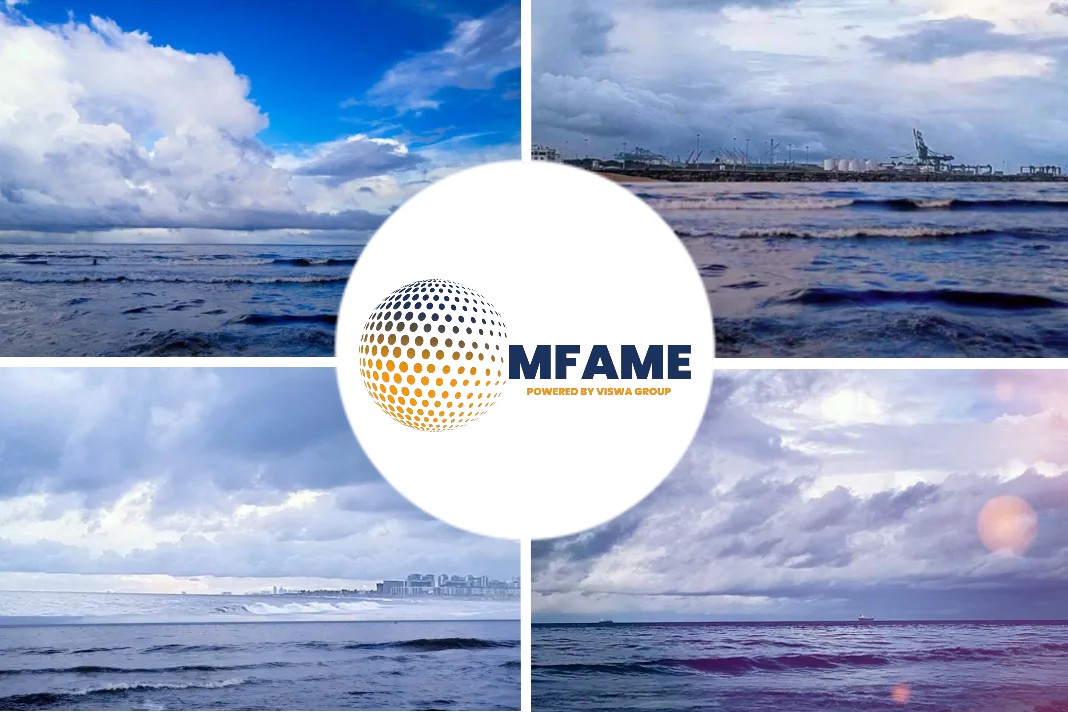- Euronav NV has confirmed that it signed contracts for the construction of two very large crude carriers (VLCCs) with Hyundai Samho Heavy Industries (HSHI).
- The deal was unveiled on 19 April by Korea Shipbuilding & Offshore Engineering (KSOE), a parent company of HSHI.
According to an article published by Offshore Energy, Belgium’s tanker shipping company Euronav NV has confirmed that it signed contracts for the construction of two very large crude carriers (VLCCs) with South Korean shipbuilder Hyundai Samho Heavy Industries (HSHI).
Units Delivery
The units will be delivered during Q4 2022 and Q1 2023, costing $186 million en-bloc, and including $4.2 million in additions and upgrades to the standard specifications. What is more, Euronav has the option to contract a third VLCC with the same specifications that would be delivered in the second quarter of 2023.
CO2 Emission Reduction
As informed, the vessels will be LNG-ready and consequently, there is an ability to cut CO2 emissions compared to current market standards.
Furthermore, Euronav said it is working in cooperation with the yard and classification society to include an ammonia-ready notation with the potential to reduce CO2 emissions to zero when technology, logistics and the regulatory framework allows for it. This should be defined by the end of the summer, according to the company.
Newbuildings Motive Plan
In addition to being significantly more fuel-efficient compared to the vessels they will replace, the newbuildings will also be fitted with exhaust gas scrubber technology and ballast water treatment systems.
Sourcing fleet renewal from the newbuilding market has primarily been driven by the aim of Euronav “to be at the forefront of innovation” in the energy transition and to drive projects with potential to decarbonize the transportation of oil, the company said.
Environment friendly Contracts
While contracting and orderbook-to-fleet ratio remains at an historical low in the tanker segment, elevated contracting activity from other segments has reduced available capacity to build VLCCs for the upcoming years at a time when the sector needs to replace maturing vessels with more environmentally friendly designs.
Euronav CEO’s Comments
“Euronav acknowledges our responsibility to support innovation towards decarbonizing the transportation of oil…With this order Euronav is tangibly driving innovation and investing in the energy transition,” Hugo De Stoop, Euronav CEO, commented.
“These ships are not only the latest generation of low consumption design but also have the option to be converted or retrofitted to use either LNG or Ammonia as a low emission fuel of the future.”
“As there are no such alternatives in the second-hand market today, and with rising steel prices and constraints over yard capacity to 2024, we wanted to seize this opportunity to rejuvenate the fleet with two or three modern VLCCs that will replace older and less efficient ships that will leave our fleet around the same time of their delivery,” De Stoop added.
Company’s Vessels
Earlier this year, Euronav also purchased two eco-Suezmax newbuilds that will be LNG-ready and potentially ammonia-ready.
Euronav’s owned and operated fleet consists of 2 V-Plus vessels, 45 VLCCs, 28 Suezmaxes (one of which is in a joint venture and two vessels time chartered in and two to be delivered) and 2 FSO vessels (both owned in 50%-50% joint venture).
Did you subscribe to our daily newsletter?
It’s Free! Click here to Subscribe!
Source : Offshore Energy
















